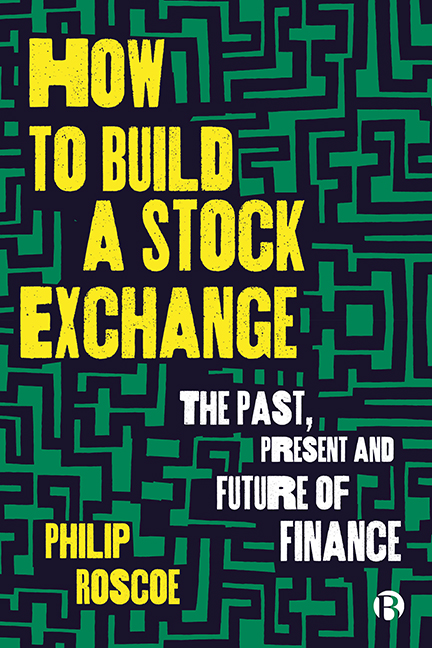7 - Where Real Men Make Real Money
Published online by Cambridge University Press: 18 January 2024
Summary
Elsewhere, in the once staid world of merchant banking, another kind of predator was flourishing. Corporate raiders like T. Boone Pickens, Sir James Goldsmith and ‘Tiny’ Rowland became renowned, even glamorized, as ruthless hunters on the wide plains of capitalism. Their exploits shade into fiction. Sir James Manson, the scheming industrialist in Fredrick Forsyth’s 1974 novel The Dogs of War, has their aura: ‘He knew what the City was; it was a jungle, pure and simple, and in it he was one of the panthers.’ The fictional Manson and the real-life Rowland shared a colonialist disdain for the continent in which they conducted much of their business; as the piratical Manson put it, ‘Knocking off a bank or an armoured truck is merely crude. Knocking off an entire republic has, I feel, a certain style.’
If these real-life raiders were indeed hunters, their prey was more easily digested than Manson’s. Throughout the 1950s and 1960s the conglomerate had become a fashionable organizational form. Companies bought other companies, creating empires of unrelated businesses, wherever managers felt that capital could be productively used. The conglomerate was a creature of its times, a product of managerial capitalism where business invested money in making and selling things, and the skills of managers were to do with organizing production and generating effective returns on capital from doing so. Conglomerates benefited from a favourable legal environment and tax relief on debt that made borrowing to buy cash-generative businesses a sensible choice. A cynical observer might also think that in an era where top rates of tax touched 90 per cent there was little to be gained from fat-cat salaries, and much more to be had from featherbedding the expense account. On this measure, the lean corporation of contemporary fashion has less to offer than a global empire complete with jets, golf resorts, celebrity hangerson and the rest. (An aside, but I do not sense that the contemporary chief executive pines for the lack of private jet or chauffeured limousine. Perhaps leanness, like taxes, is for the little people.)
- Type
- Chapter
- Information
- How to Build a Stock ExchangeThe Past, Present and Future of Finance, pp. 76 - 86Publisher: Bristol University PressPrint publication year: 2023



